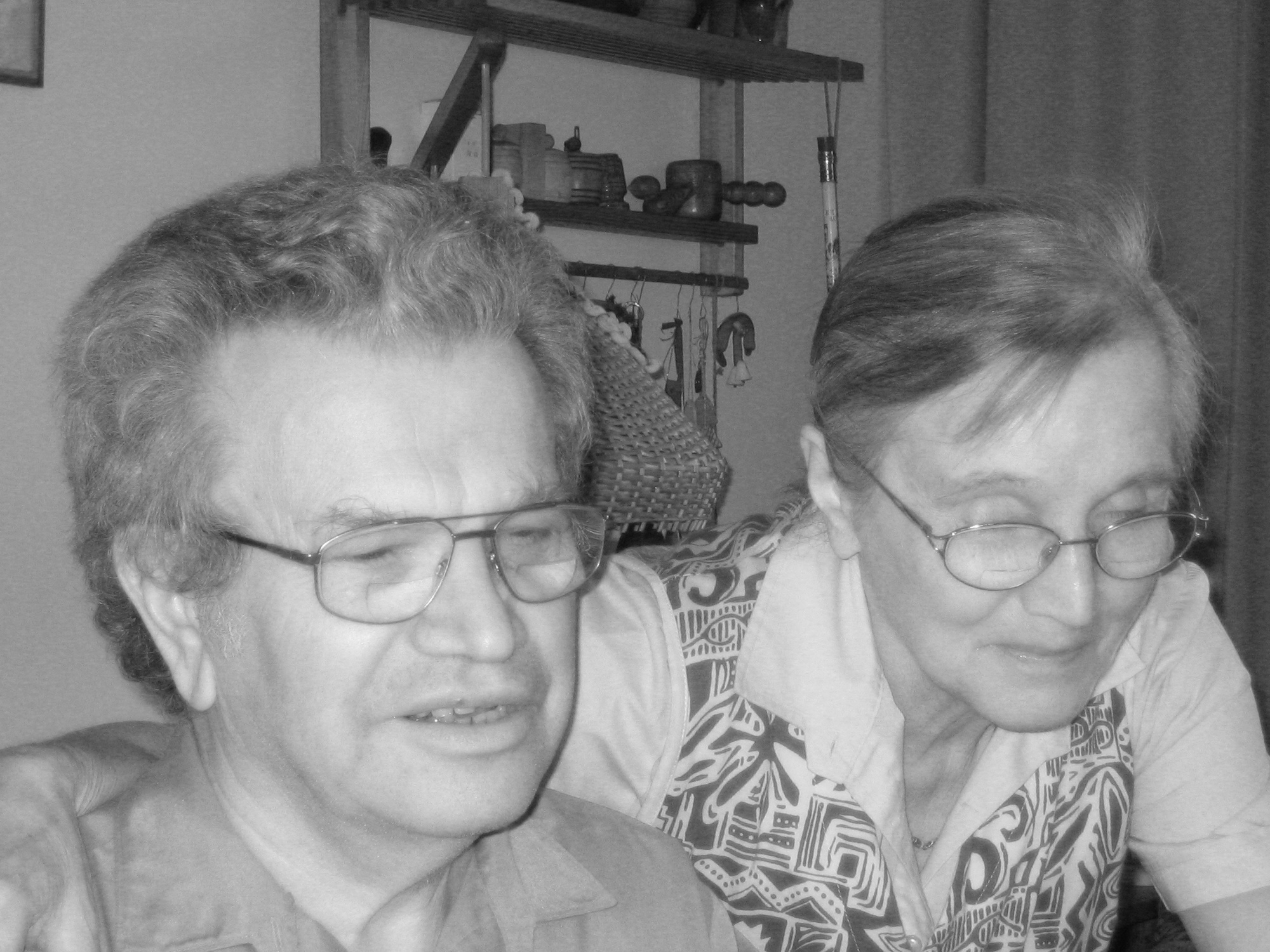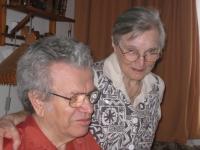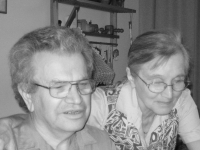Back home from Stalin’s paradise...

Download image
She was born on May 21, 1936 in the Czech village Český Boratín near the town of Luck in the Volhynian gubernia. The region was part of the Polish territory at that time. Her ancestors come from the Jilemnice and Mělník regions. She grew up in an evangelical family in the Ukrainian countryside in an area where Czechs formed a 2% minority. In winter 1947 she and her parents moved from the USSR to the village of Chotíněves in the Litoměřice region in Czechoslovakia under a re-emigration program for Czechs. Anna studied a secondary school of chemistry in Lovosice. In 1956 she married Jozef Vlk. They moved to Ústí nad Labem in search of a job. They brought up their two children there and they have been actively supporting local cultural life. In the 1990s they began with intense study of their ancestors and their life in the Volhynian gubernia. In 1997, when whey retired, they organized a trip for former residents of Boratín to their native village and they began gathering information on the life in Volhynia. At the end of 2000 they published a book titled The History of Český Boratín. At present they focus on the educational association Matice česká školská in Polish Volhynia in the 1920s and 1930s. Josef and Anna Vlk share the fate of thousands of re-emigrants from the Volhynian region of present-day Ukraine. At the same time they are people with great experience who can contribute with their stories to those gathered in interviews with other witnesses.

